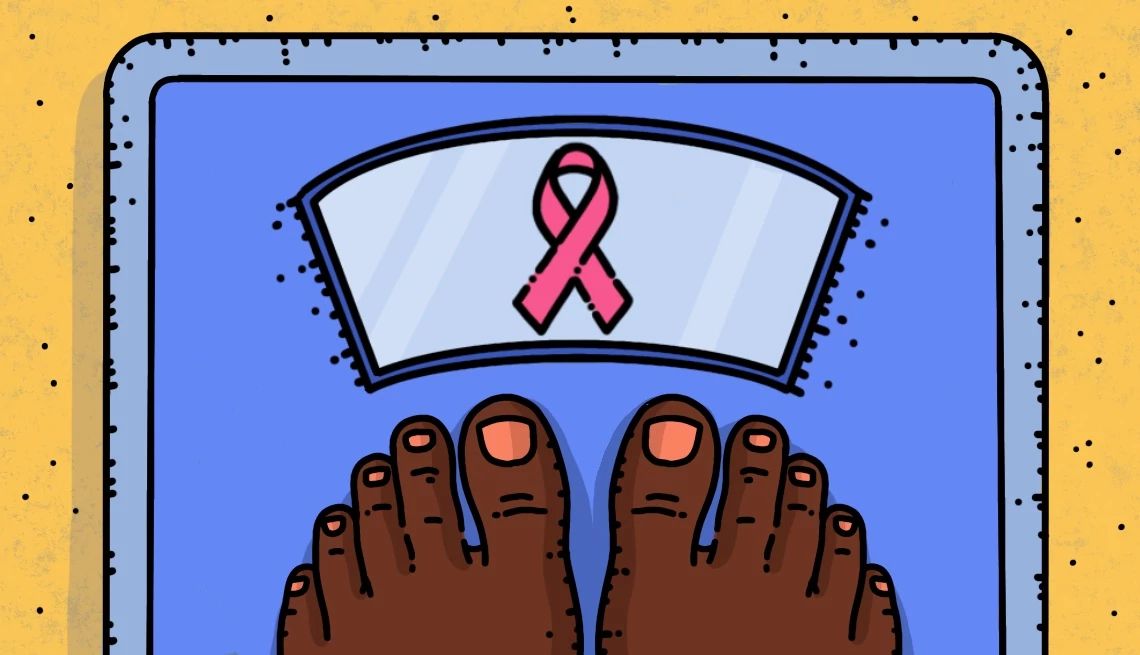AARP Hearing Center


Hot flashes, insomnia, night sweats and mood swings. These uncomfortable symptoms are just a few in a long list of changes that women can experience when they go through menopause, and a recent AARP report shows women are trying a variety of medical and nonmedical treatments to rein them in.
Among the most popular approaches is a change in diet. Nearly 30 percent of women surveyed by AARP said they started eating differently to help ease common menopause symptoms — and research suggests this is a good move for many.
“What you eat affects everything in your life,” says Mary Dolan, M.D., a professor in the department of gynecology and obstetrics at Emory University School of Medicine and a Menopause Society certified practitioner at Emory Healthcare. “It will definitely affect how you experience menopause.”
Not only can what you eat have an impact on the uncomfortable menopause symptoms you physically experience, like hot flashes, but your diet can also lead to other, more subtle changes, Dolan says.
Menopause is associated with an increased risk of osteoporosis, cardiovascular disease and other chronic health conditions. “So it’s imperative to make lifestyle and dietary adjustments, not only for the symptoms that you’re feeling, but for these other things that you don’t feel,” Dolan says.
A change in diet is just one of many tools women can use to help with menopause symptoms, and health experts say it’s important to discuss your symptoms with a doctor to find the most effective treatment plan.
Foods that may help ease menopause symptoms
1. Fruit
A large study published in The American Journal of Clinical Nutrition found that women who ate diets high in fruit, such as strawberries, pineapple, melon, apricots and mango, or who adhered to a Mediterranean-style diet — which emphasizes fruit and other plant-based foods — were about 20 percent less likely to experience hot flashes and night sweats than women with diets that lacked fruit and were higher in fat and sugar. Other observational research has also linked higher fruit and vegetable intake with fewer menopause symptoms.
While there isn’t a clear link to explain the association, researchers suggest that a low-fat, high-fiber diet may help stabilize estrogen and blood sugar levels and control inflammation.
“There is no best menopause diet, but we do tend to encourage a Mediterranean-style eating pattern” because it’s well-balanced, nutrient-dense and can be calorie-controlled, says Tara Schmidt, a registered dietitian and instructor of nutrition at the Mayo Clinic and the lead dietitian for the Mayo Clinic Diet. “There’s fruits and vegetables, with their fiber and their antioxidants; there’s going to be lean protein, including fish and plant-based sources; there’s going to be omega-3s; there’s going to be some calcium in there. So it’s a well-balanced diet that helps people get the nutrients that we care about in this stage of life.”



































































)


















More From AARP
32 Ways to Improve Your Bone Health
How to strengthen your bone density
How to Talk to Your Boss About Menopause
Some employers offer support if you know how to askMy Wife is Going Through Menopause. Help!
A doctor explains the hormonal changes women undergo in menopause